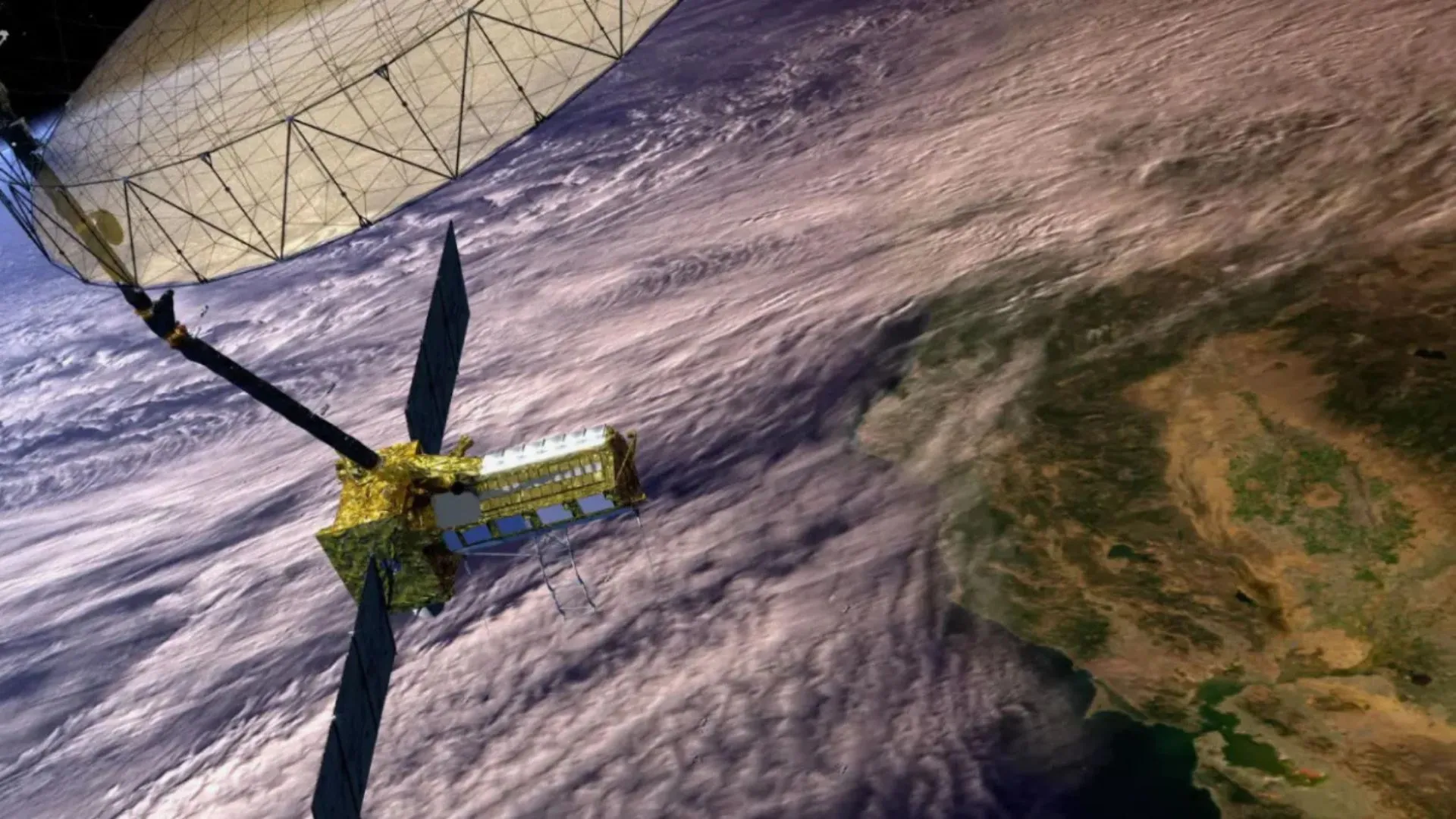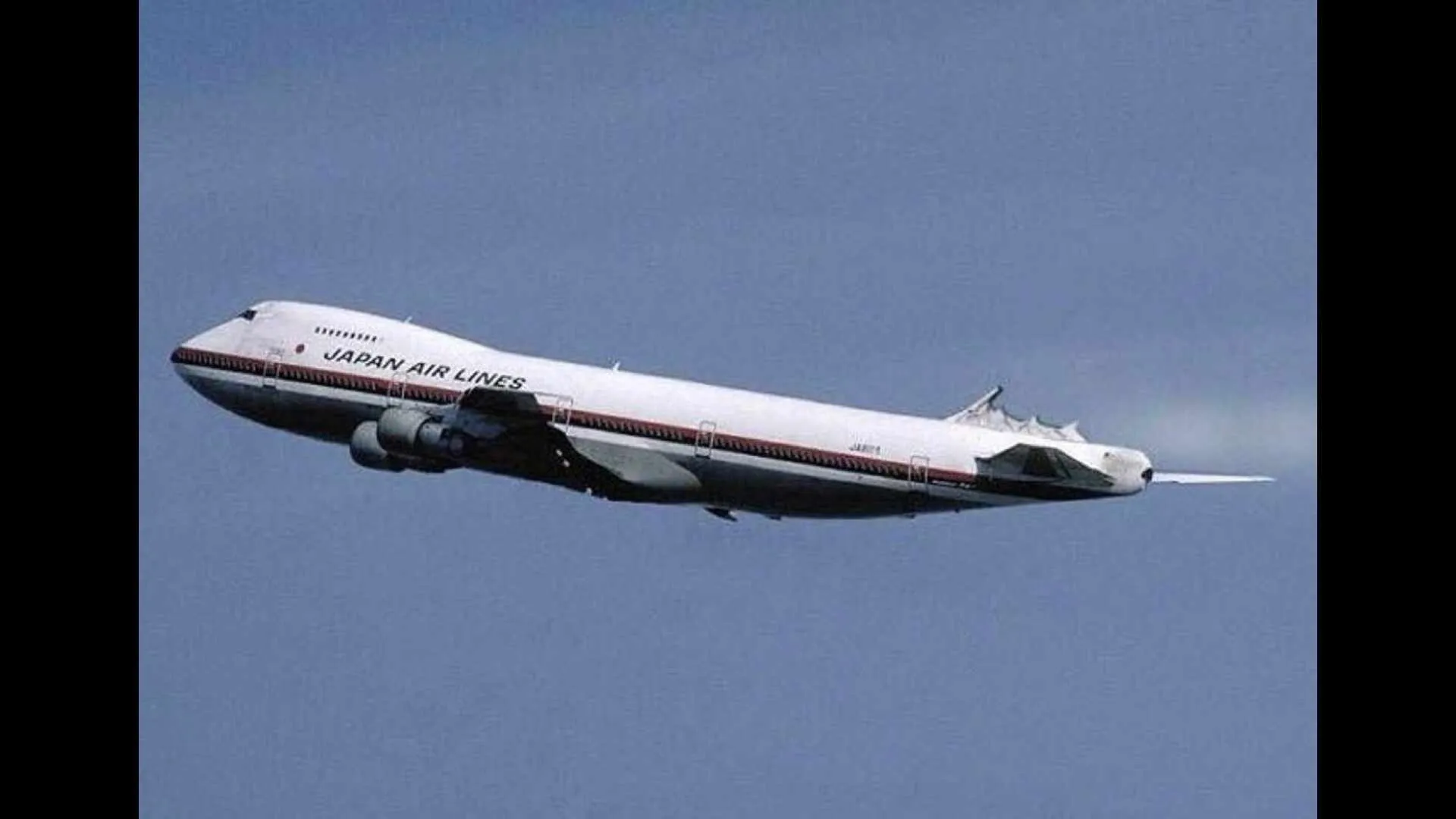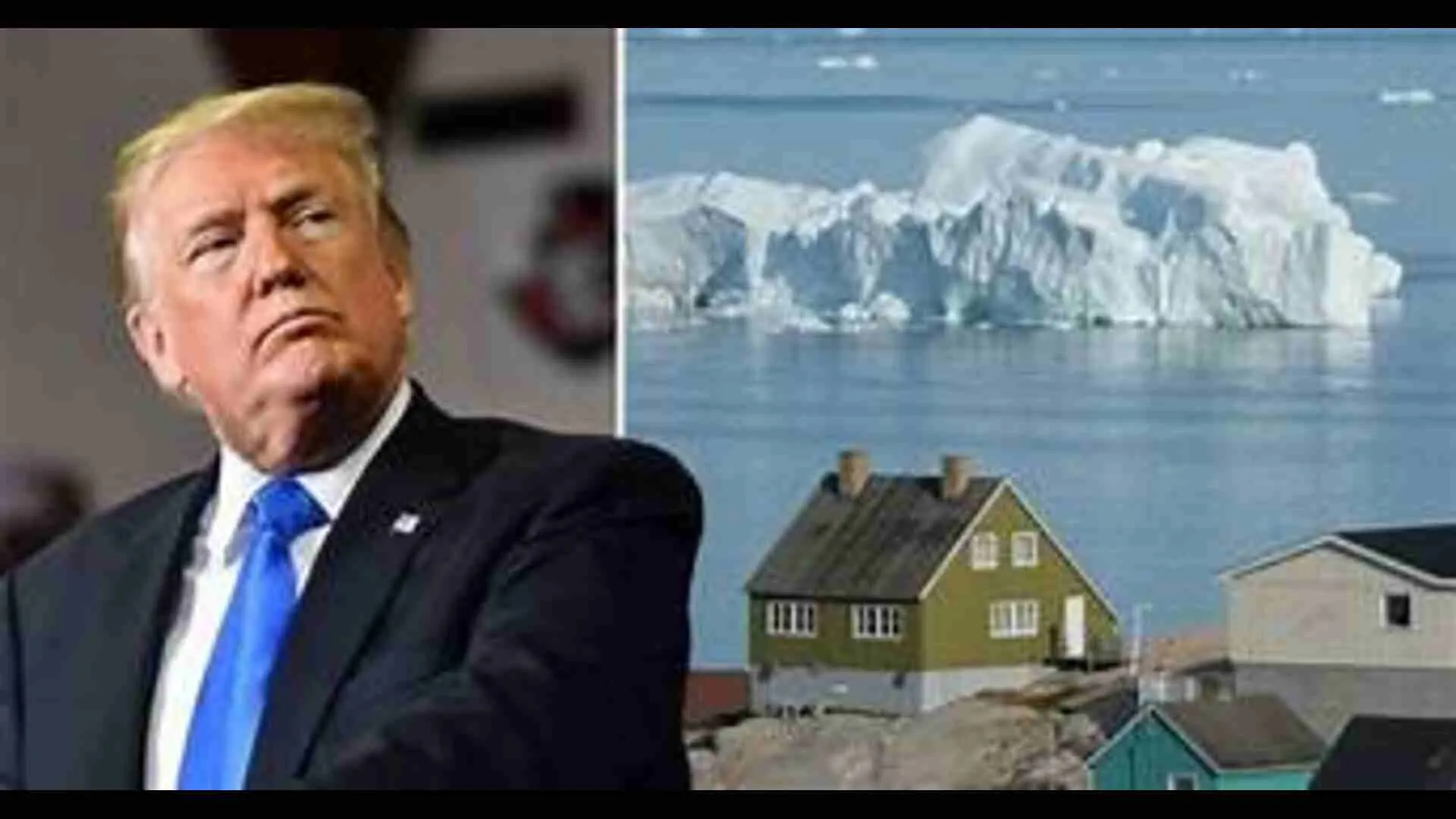In June 2020 while the Coronavirus pandemic was raging across the world, India was elected unopposed to the United Nations Security Council (UNSC) for a two-year term beginning in 2021. This is India’s 8th term as non-permanent member of UNSC. At a recent flag installation ceremony held to formalise the India’s term (along with that of Mexico, Kenya, Norway and Ireland), India’s Permanent Representative to UN, TS Tirumurti remarked that India comes into the UNSC as the largest democracy representing 1/6th of humanity and with a strong commitment to reformed multilateralism, rule of law, a fair and equitable international system and to peace, security and development. India has also been promising to speak out against terrorism and offer solutions related to matters like international peace and security. Indeed, there are high hopes and great expectations from India.
Many of these expectations are in field of law and leadership. The larger picture and the leadership first. In the last six months, India under the leadership of PM Narendra Modi has steadily held against Chinese attempts to unilaterality alter the status quo in Ladakh (the Chinese are on the wrong side of the international law as well, but the law portion later), and kept the Coronavirus pandemic under check in a large country like India. The economy has recovered from its historic lows, and India has made its vaccine available to the neighbourhood and the world. In fact, just last week, the Director General of the World Health Organisation, Tedros Adhanom Ghebreyesus, lauded India and the Indian PM for sharing Covid-19 vaccines and supporting the ‘Vaccine Equality’ across the world. Pakistan has come around to a ceasefire on the Line of Control as the Indian guns were creating more havoc in retaliation rather than Pakistan’s ceasefire violations. In spirit of accommodation, India agreed to the ceasefire proposal in spite of having an upper hand. In any case, India is on the global centre stage and Pakistan is an inconsequential issue, only relevant in context of them supporting cross-border terrorism. Few bad neighbours should not limit our vision to the Indian subcontinent.
In the UNSC, India is also likely to take up a principled position on the issues of peacekeeping, maritime security, and women and youth in conflict situations. India had identified three priorities during the campaign stage for elections to the Security Council. These were the countering of terrorism by enforcing Security Council resolutions, the efficient use of UN peacekeeping missions, and enabling the use of technology with a human touch. Making progress on all of these shall require deft handling, dynamic leadership and building a consensus-based approach.
This consensus-based approach is also in line with our calls for ‘reformed multilateralism’, meaning enabling all members of the UNSC to participate on an equal basis in taking decisions. Hopefully, good work there by the Indian diplomats, and the Indian role as a consensus-builder on key issues should lead to greater acceptance of India’s legitimate aspiration as a permanent member of the UNSC. As highlighted earlier, India has much to give to the world. India was the only nation which stood up to the Chinese creeping approach to nibble territory as after perfecting it for years in the South China Sea, they applied the same template on land borders with India. It did not succeed. India has huge experience in peacekeeping and acceptance across conflict zones. It should now work towards the African nations having a greater say in the deployment of the peacekeepers. The peacekeeping should lead to peacebuilding. The commitment of India to a common global good is also evident in bringing about affordable access to essential drugs and vaccines across the world, without prejudices or commercial considerations.
The UNSC plays a key role in promoting the rule of law across the world. India, as a vibrant, noisy (and sometimes messy) democracy brings on the table a unique capability to work with different cultures, diverse communities and all shades of opinions. Handling opposite opinions come natural to the argumentative Indians. The international order is being currently subverted by two challenges – refusal of China to adhere to international norms and treaties, and the scourge of terrorism. For China, India must point out the selective interpretation of international law and treaties by China – they adhere to it when it suits them, as in maximising the regulations of World Trade Organisation for promoting Chinese exports, and disregard laws like UNCLOS where it does not suit them, as in South China Sea. China sponsored projects like BRI and CPEC are another example of Chinese subversion of rule-based international order to further its strategic ambitions. These projects have opaque terms and conditions, no legal commitments and no provisions for international arbitration.
As regards Pakistan, India must optimise UNSC to highlight that the attempts to internationalise the Kashmir issue by Pakistan are bad in law, and in fact a violation of the Simla Agreement wherein all issues were to be resolved bilaterally. The greater concern with Pakistan is terrorism, particularly as Afghanistan is in transition with a US-Taliban peace-deal being half-way home, and the possibility of Pakistan using terrorism to force Afghanistan to make greater concessions without matching reciprocation by Taliban. India must take lead in enforcing the UNSC resolutions, particularly those requiring Pakistan’s fulfilment of the Financial Action Task Force (FATF) norms referred to in Security Council resolutions on countering terrorism.
A proactive Indian role on countering terrorism will compensate for the apparent Chinese indifference on the terror issues. Apart from India as a non-permanent member, China is Asia-Pacific’s sole permanent member in the UNSC, and not to mention, a close partner of Pakistan from where the terrorism generally originates. Their silence needs to be highlighted. Terrorism came into global limelight for many years after 9/11, but has again slipped under the radar as US-China trade war and Coronavirus pandemic occupied the headlines. India should bring the focus back to terror, terror-financing and use of social media for radicalisation. Two years hence, when India leaves UNSC, hopefully, it should have brought the focus back on the rule of law, and made sure that the decision making on the horseshoe-shaped high-table in New York is a more responsive, rule-bound and inclusive process. Hopefully again, we should have brought terrorism as a focus area in the world body, framed rules to define and combat terrorism, and inched closer to a permanent chair in the Security Council. The world needs to ask what our PM asked during the virtual high-level General Assembly session in September 2020; “For long will India, the world’s largest democracy and home to 1.3 billion people, be kept out of the decision-making structures of the UN?” The path from ‘Vaccine Equality’ to global equality is long and difficult. These two years provide opportunity to tread this path and showcase India to the world. The world needs more of India, more of law, and less of terror.
(The author is a retired Army officer and a practicing Supreme Court lawyer.)













